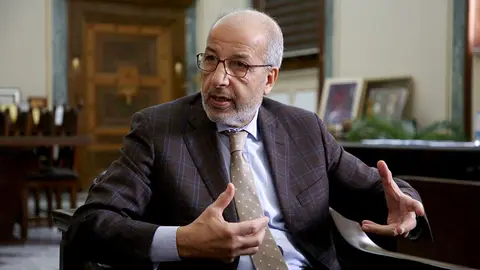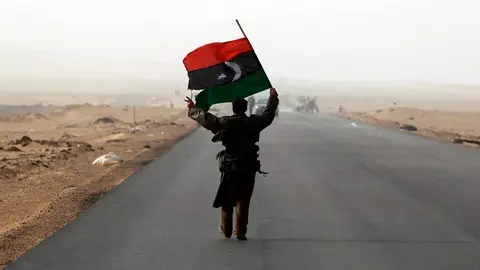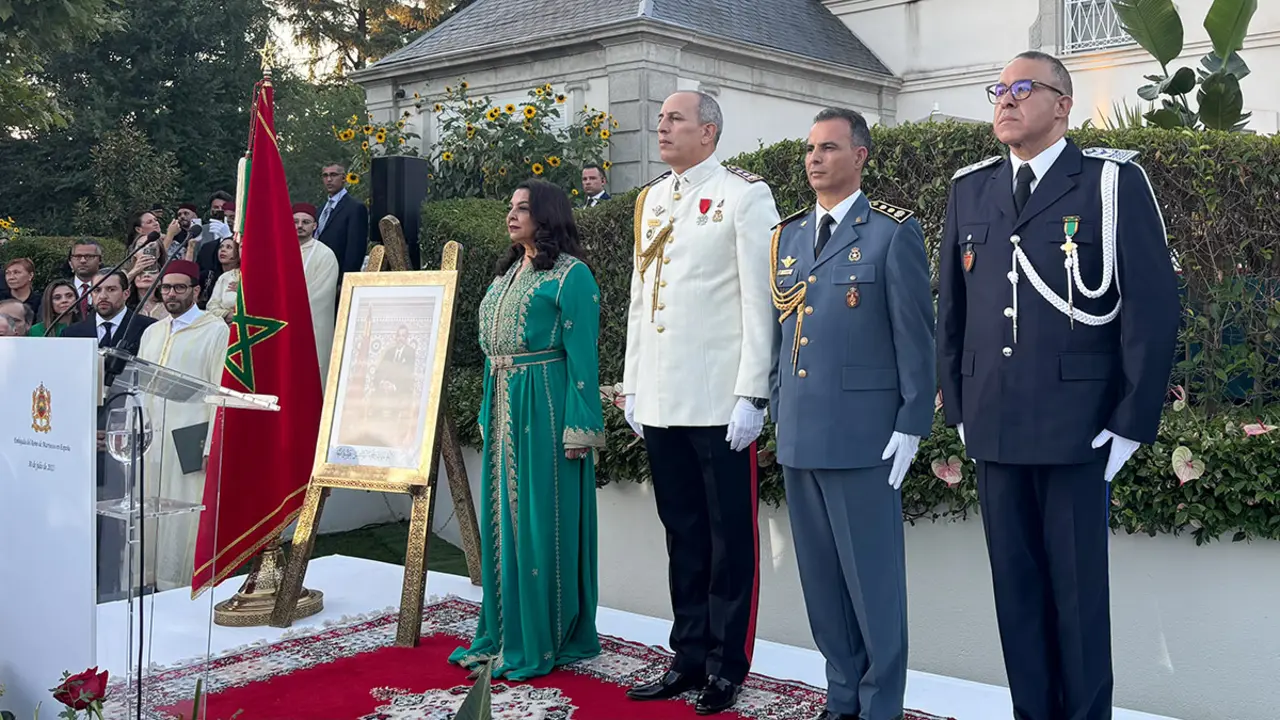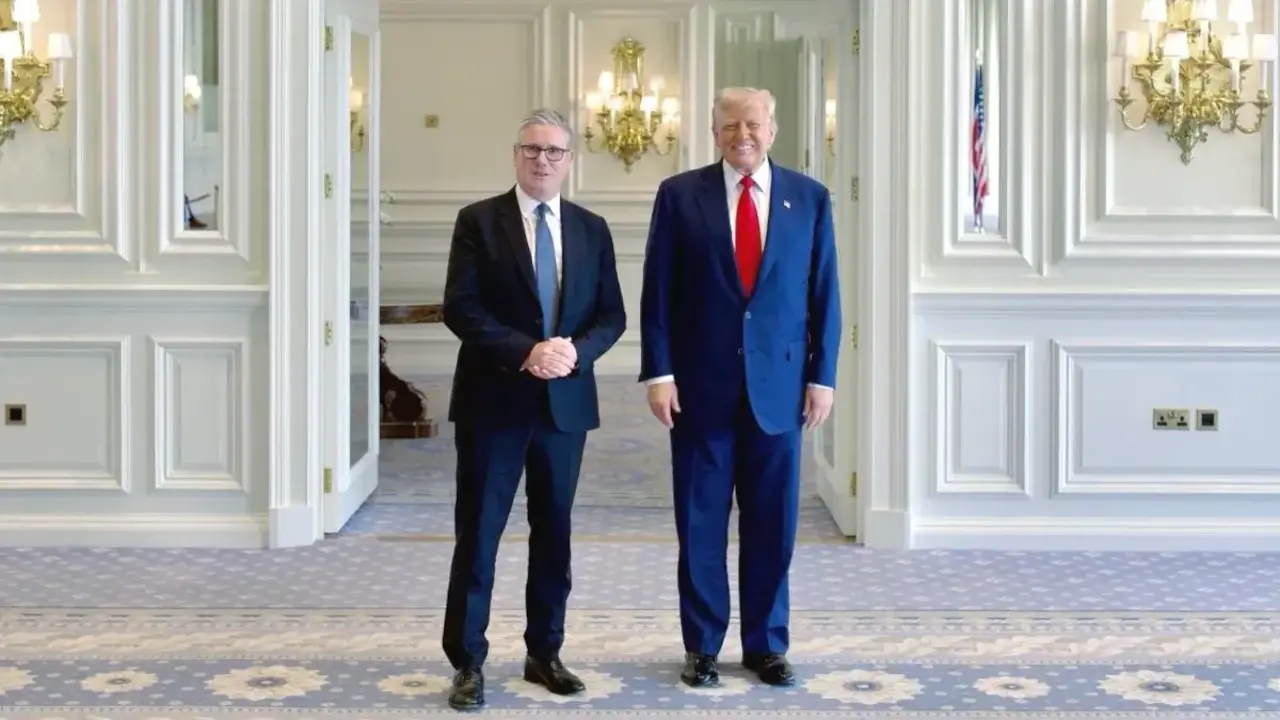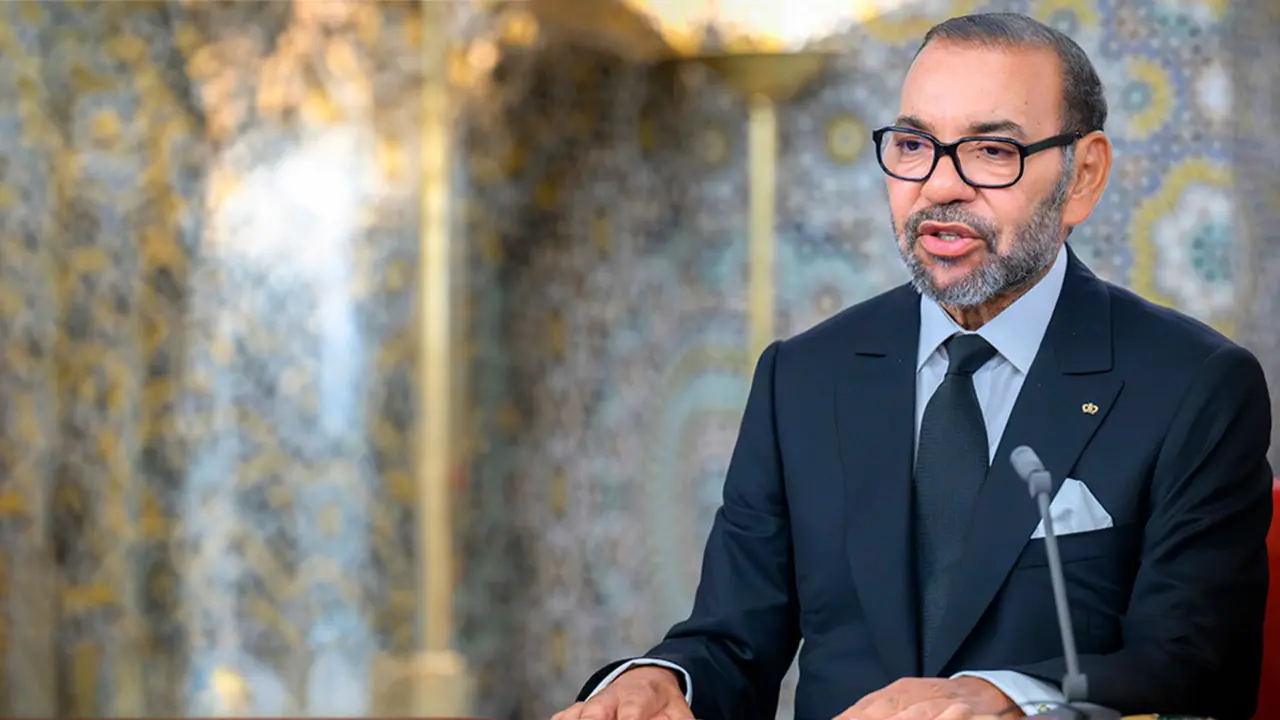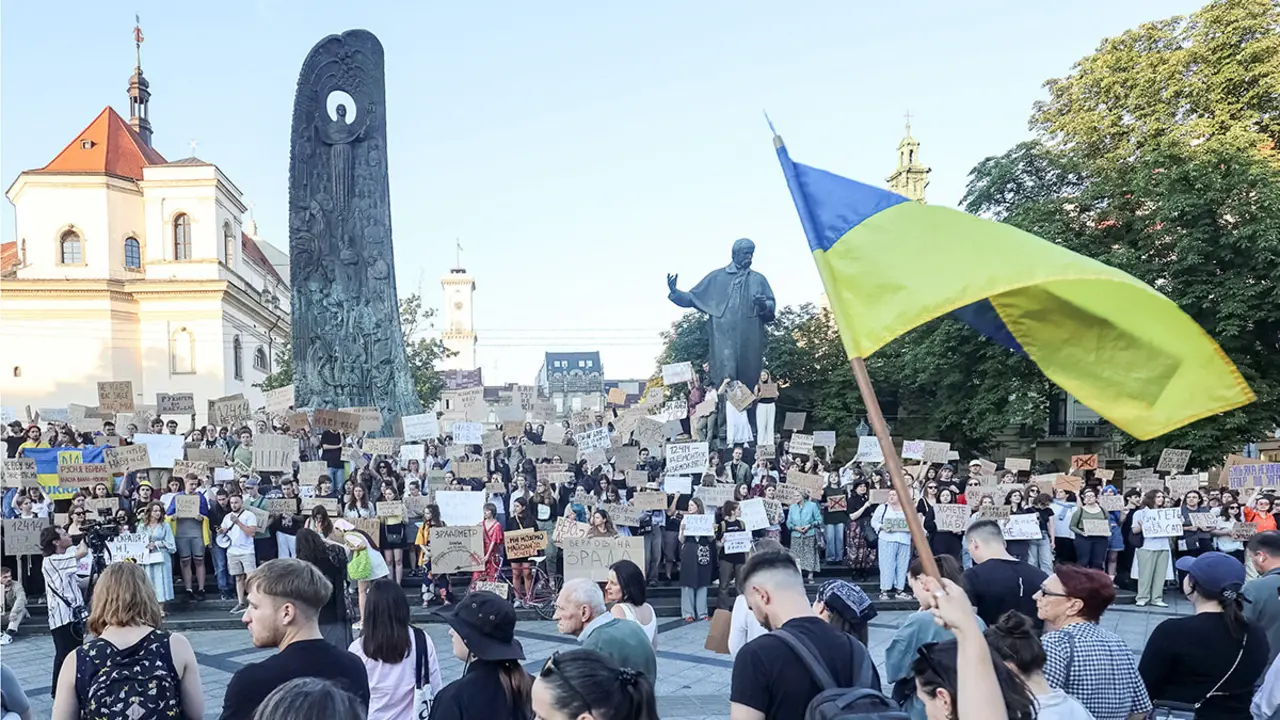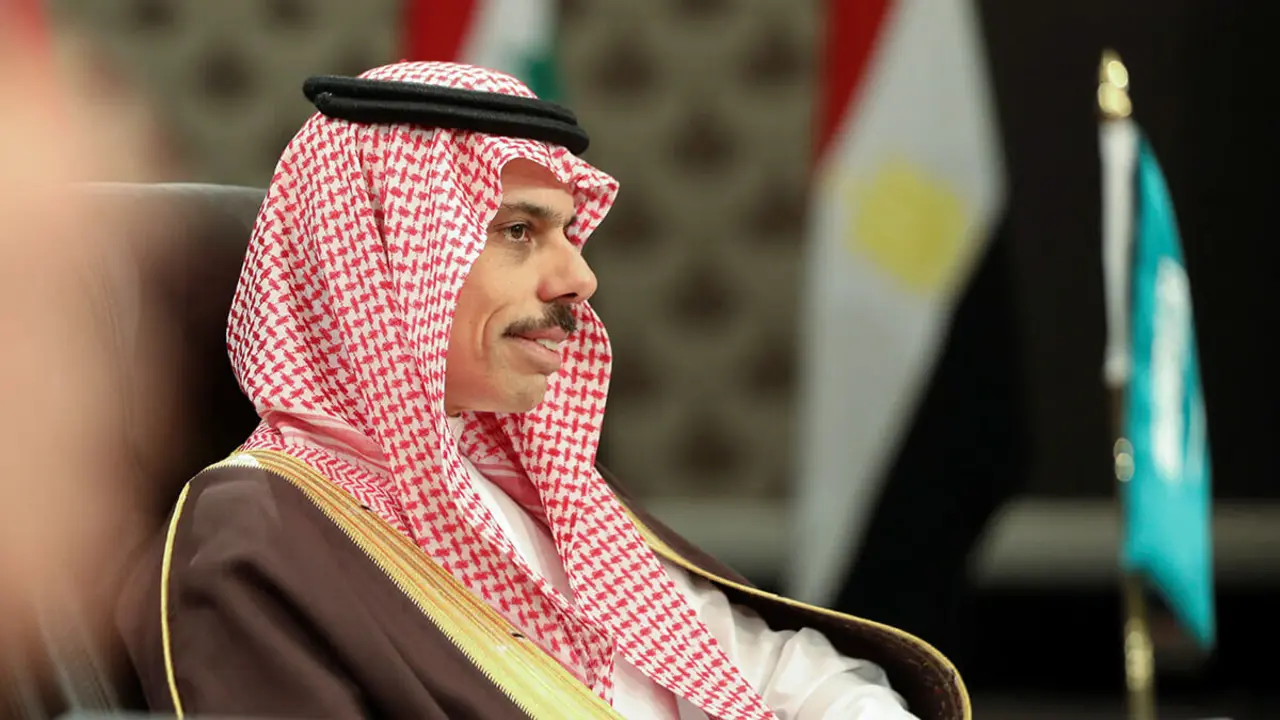Al-Kabir in front of the Libyan Presidential Council
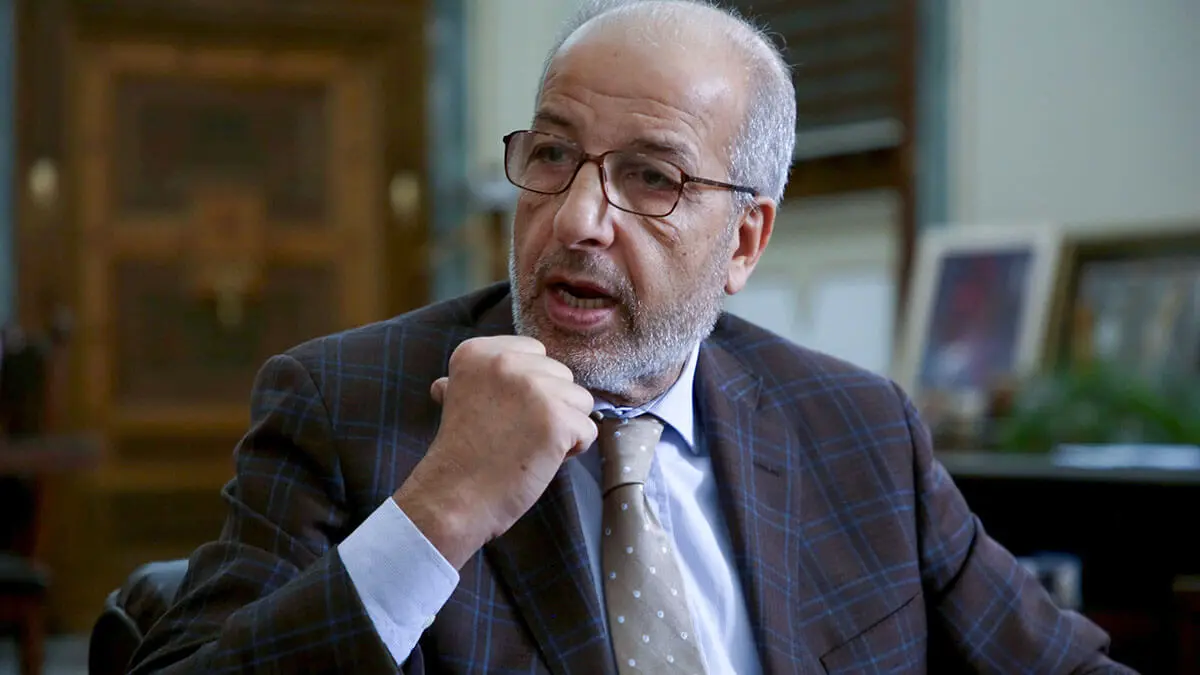
Libya's Central Bank is at the centre of a political and financial conflict after the Presidential Council attempted to dismiss Governor Al-Siddiq Al-Kabir. The House of Representatives and the Council of State rejected the Presidential Council's decision, sparking controversy in the country.
The Speaker of the Libyan House of Representatives, Aguila Saleh Issa, warned that the Presidential Council's decision could freeze Libya's assets and lead to the collapse of the Libyan dinar. He has also expressed concern over the Presidential Council's decision to change the Board of Directors of the Central Bank of Libya.
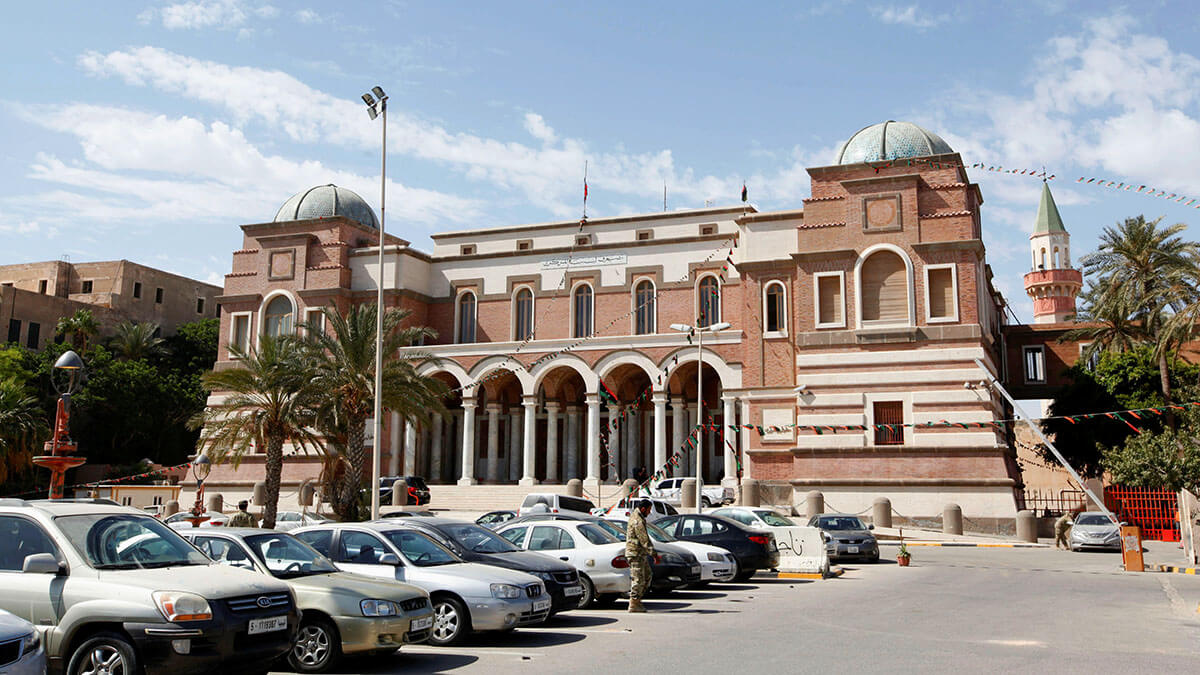
The decision is seen as a new front in Libya's political power struggle, reflecting deep divisions between rival governments in the east and west. Saleh emphasised the need for a unified executive authority in Libya that can lead the country towards elections.
‘The decision of the Presidential Council is a dangerous move. This action could freeze Libyan assets and collapse the Libyan dinar,’ Saleh stressed. ‘Many forces, both internal and external, seek to influence the bank's decision-making and control its management, which makes the task of leading the bank a highly complex and sensitive political issue,’ he said.
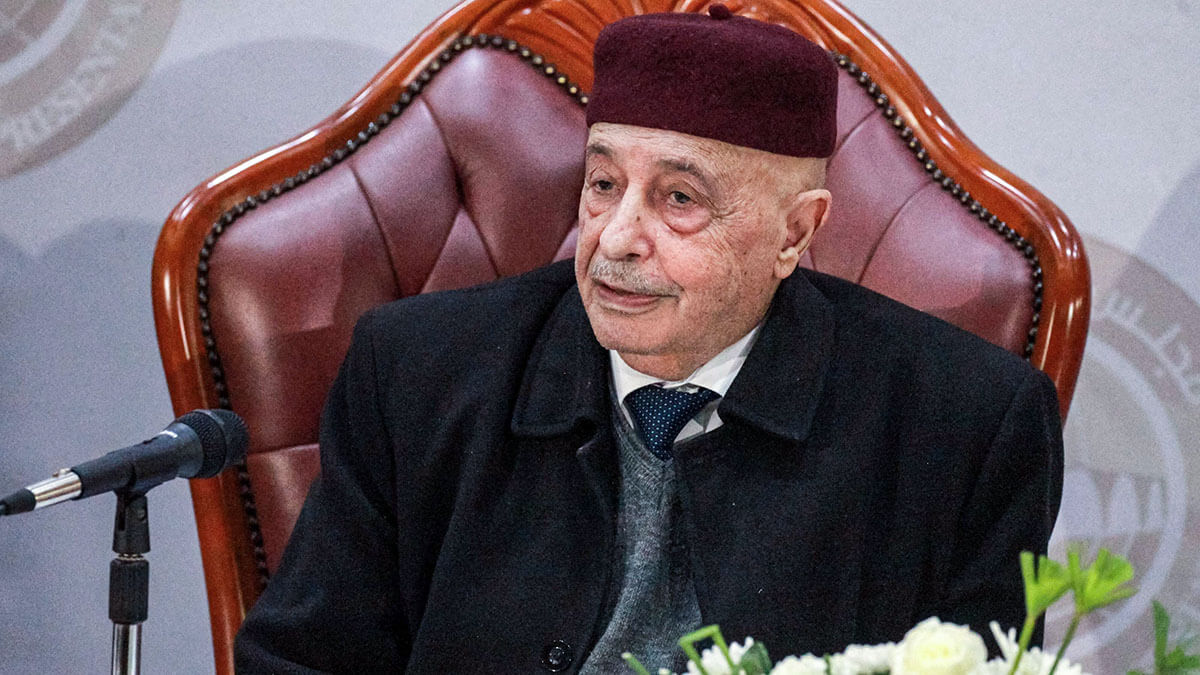
The move follows the abduction of Musab Msallem, head of the central bank's IT department, and the suspension of the bank's operations in protest. The Central Bank of Libya is the key institution guaranteeing the country's financial and economic stability, and a dispute over its control could have serious political and financial consequences.
In parallel, the UN Mission in Libya expressed its support for the Central Bank and its governor, Al-Kabir. ‘Steps need to be taken to restore confidence in the Central Bank,’ said the acting head of the UN mission in Libya, Stephanie Khoury. The relationship between Al-Kabir and the authorities in eastern Libya has deteriorated as the political and governmental divide widened.
The Council of State issued a statement confirming that Al-Kabir will continue to head the Central Bank of Libya, with Marai Al-Barassi as his deputy, until sovereign charges are resolved in accordance with the Libyan Political Agreement. According to Council sources, Al-Kabir will remain in his position until final decisions are taken on the sovereign posts, as stipulated in Article 15 of the Political Agreement.
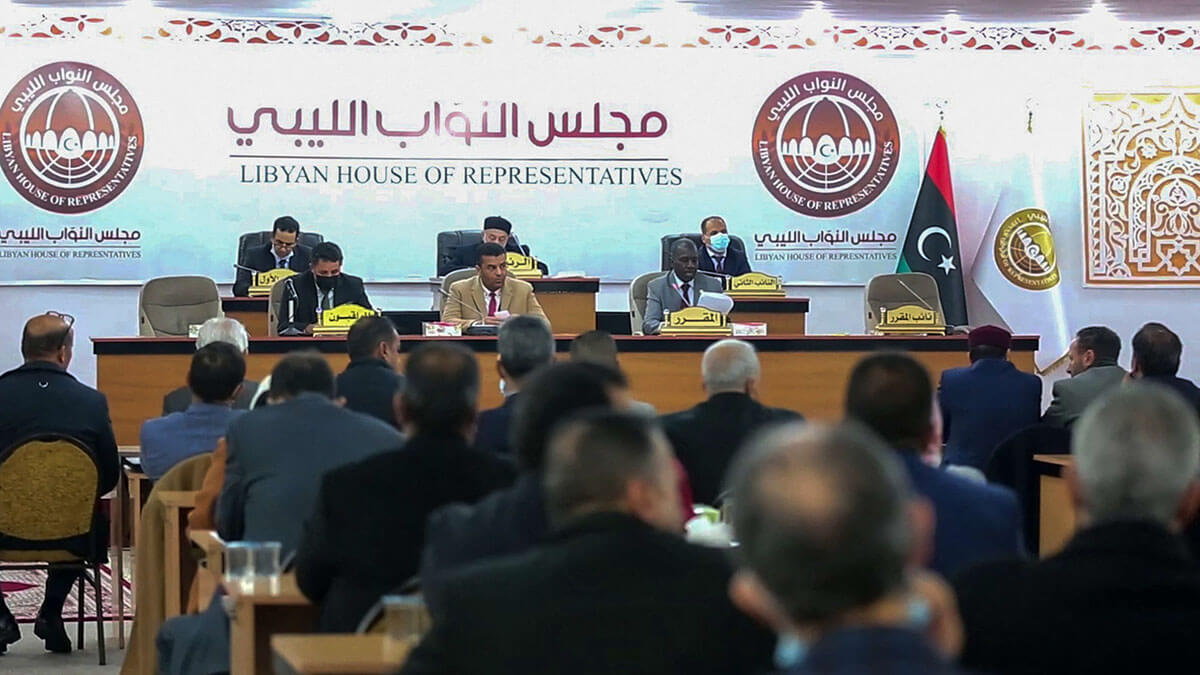
On the other hand, the Libyan Presidential Council has announced its commitment to implement the decision adopted by the House of Representatives in 2017, which dismissed Al-Kabir and replaced him with Al-Shukri as governor of the Central Bank of Libya. However, Al-Kabir and his supporters have rejected this decision, arguing that ‘the House of Representatives does not have the authority to take this step.’
Observers fear that the battle over the Central Bank could turn into a new episode of political conflict and bloody clashes. Al-Kabir has also been accused of wasting $1.5 billion of the bank's funds, of providing salaries to armed groups in Tripoli, and of ‘failing to implement reform measures and deepening consumerist public spending’.
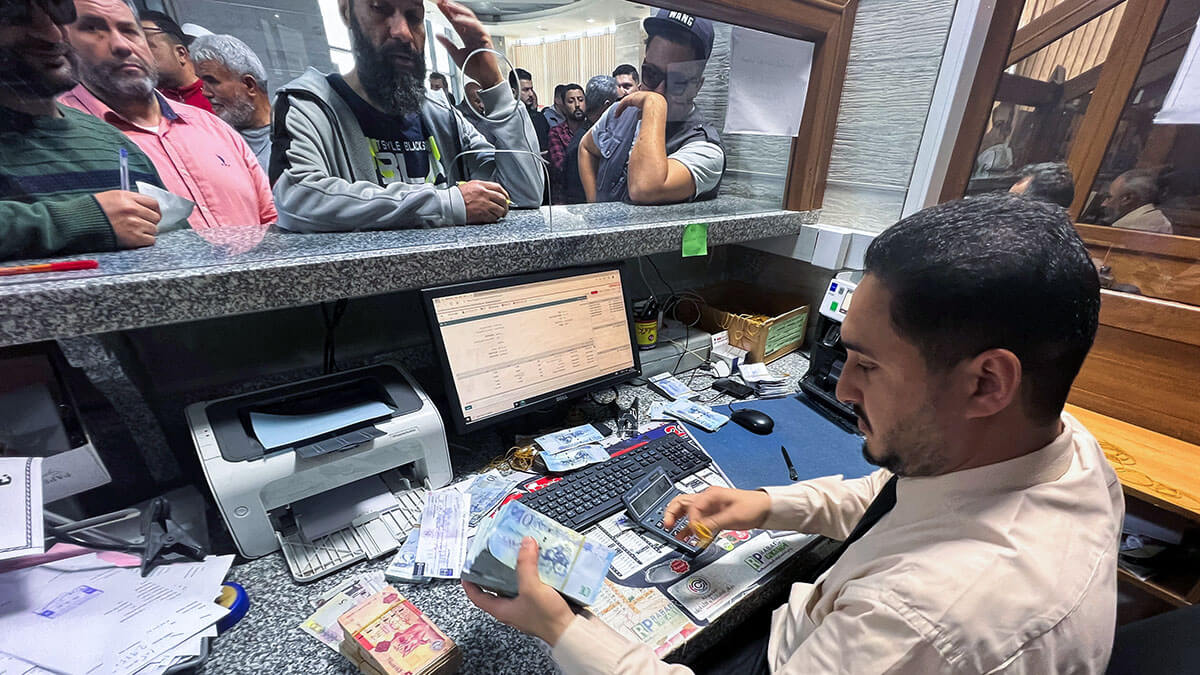
The battle for the Central Bank: a chronicle of conflict
The dispute over control of Libya's Central Bank originated in 2014, when the House of Representatives passed Resolution No. 17, appointing Ali Hibri as vice president of the Central Bank of Libya. However, in 2016, the governor of the Central Bank, Al-Siddiq al-Kabir, began to exercise de facto control over the bank, leading to the division of the bank into two institutions: one in the capital, Tripoli, and another in the eastern part of the nation, in Benghazi.
In 2021, the House of Representatives withdrew its vote of confidence in the unity government and handed it over to Fathi Bashagha's executive. However, the administration of Libya's interim Prime Minister Abdul Hamid Dbeibah retained the prerogative of international legitimacy.
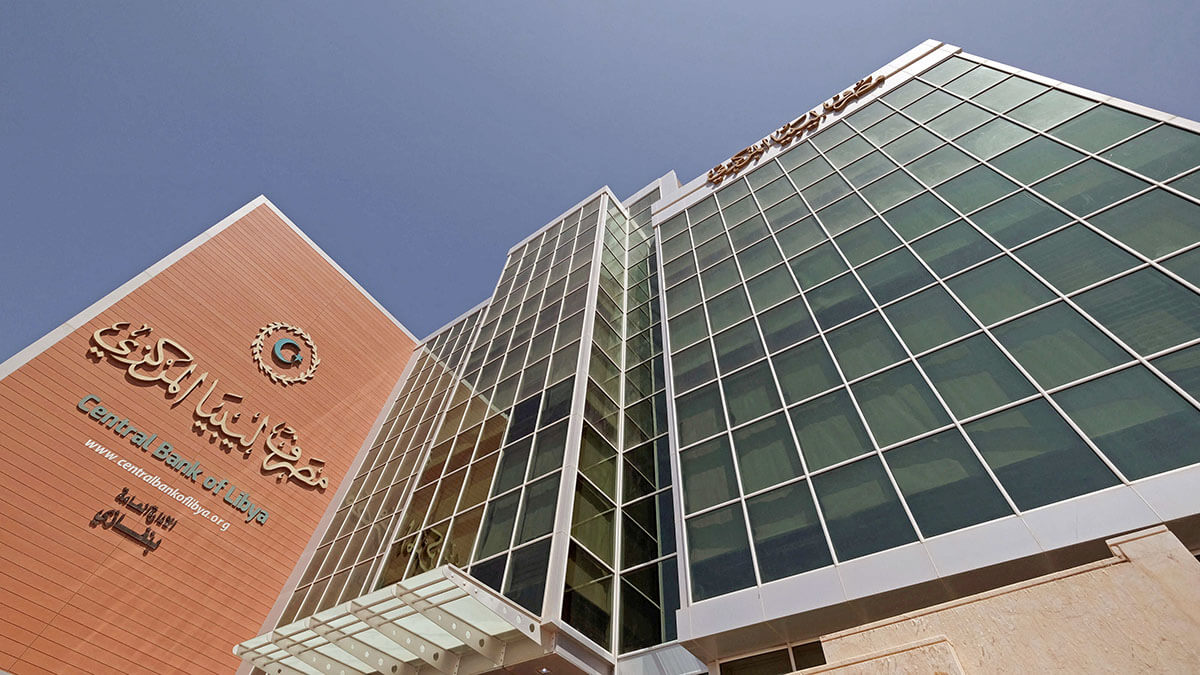
In the summer of 2022, relations between Kabir and the eastern government became strained after the House of Representatives rejected a request for Bashagha's executive to have access to state treasury funds.
In recent months, the relationship between the unity government and the Central Bank of Libya has been strained. The government significantly increased public spending without any controls, which has negatively affected the living conditions of citizens.
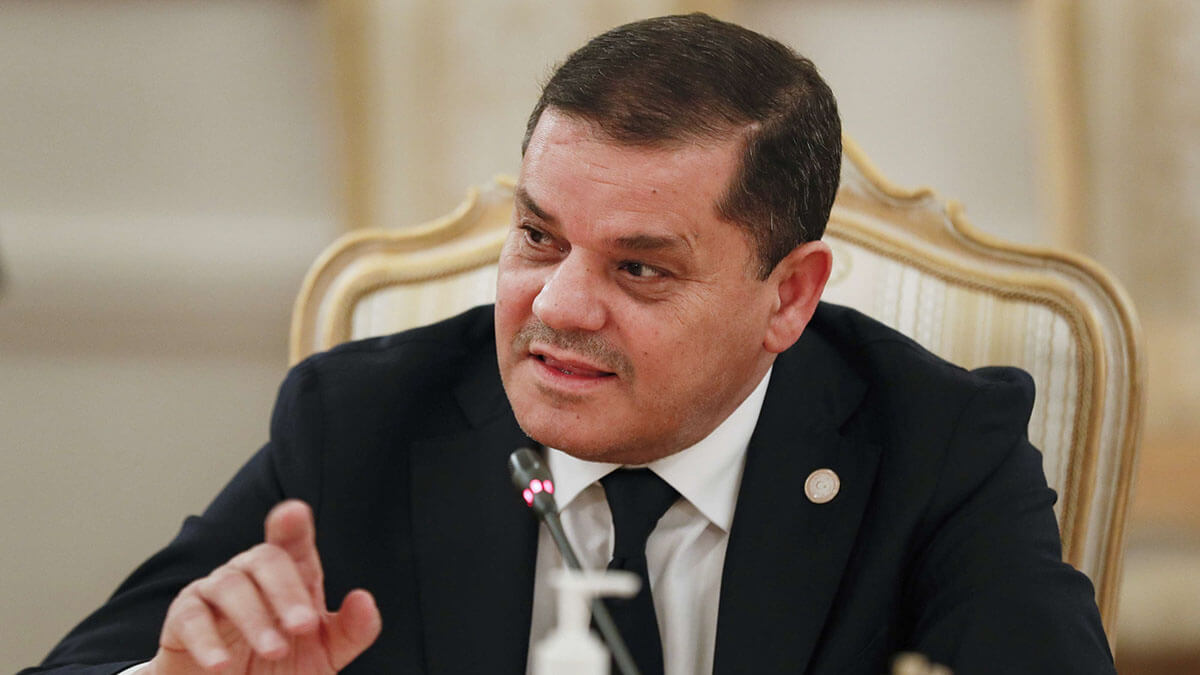
Al-Kabir, the governor of the Central Bank accused the government of not implementing reforms and spending money irresponsibly; and has confirmed that the state has spent more than 420 billion dinars since 2021, pointing out that the government allocated 7.8 billion to the Ministry of Oil, to cover debts from previous years, in addition to allocating 1.8 billion to the electricity sector and 977 million dinars for the supply of medicines to all hospitals. Most of this budget was spent on consumer spending and not on development investments, as Al-Kabir claims.
This has put pressure on the exchange rate of the Libyan dinar, to which Prime Minister Abdul Hamid Dbeibah responded by saying that the state has provided capital to cover debts and finance important projects. Finally, the Libyan parliament approved a unified general budget for 2024, sparking controversy and questions about its spending. However, Al-Kabir called on the government to adjust the dollar exchange rate and proposed a range of 5.95 to 6.15 dinars to the dollar to meet the market's foreign exchange needs.

